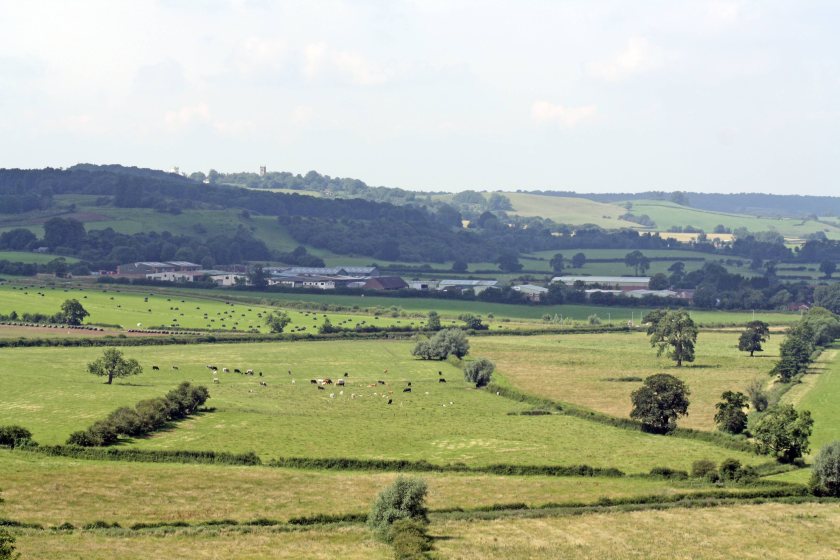Six centuries of farming evidence to guide the future of UK agriculture

A major new research project will dig back 600 years into Britain’s farming past to shed light on today’s fierce debate over whether UK agriculture can feed the nation, stay profitable and protect the natural environment.
The three-year, £1.4m initiative, led by the University of Exeter and funded by the Arts and Humanities Research Council, will combine business analysis, environmental science and historical research to examine how land was managed from the Middle Ages to the Victorian era.
Researchers say long-term evidence is essential because modern debates often focus only on recent decades, missing deeper patterns in how farming systems adapt to pressure.
The project comes at a time when UK agriculture faces intense questions over economic viability, food security, land-use change, and the drive for nature restoration. By analysing manorial records across six centuries, the team hopes the past can provide a clearer footing for future decisions.
Professor Alex Inman, project lead and a specialist in natural resource management, said the aim is to provide an independent evidence base that brings new perspective to current land-use discussions. “
This is an independent look at how our ancestors managed the land for food, for environment and biodiversity, and cultural benefits,” he said. “And from that, we will ask the question of whether there is anything we can learn that applies to the current debate around land management.”
The team will examine 40 manorial holdings in Cornwall, Devon, Norfolk, Derbyshire and Leicestershire, drawing on extensive archival sources including tenancy agreements, crop yields, financial accounts, probate inventories, 19th-century tithe surveys and the 16th-century Valor Ecclesiasticus. Sustainability scores will be calculated for four key periods: 1250–1450, 1450–1650, 1650–1750 and 1750–1850.
These eras saw sweeping shifts in British agriculture, from early subsistence farming and the growth of local markets to enclosure, the expansion of landed estates, long-distance cattle trading, urbanisation, increased production, food imports and rapid technological change.
Professor James Clark, co-investigator in Exeter’s Department of Archaeology and History, said the project is designed to use the historical record as a platform for constructive engagement with modern stakeholders.
“The goal of the project is to use insight from our research as a basis for constructive dialogue between stakeholders on possible future pathways and trade-offs,” he said. The research, he added, will act as a “test bed” for ideas rather than an attempt “to directly recreate a previous reality.”
The project’s final phase will bring farmers, policymakers, conservation organisations and other land-use groups together to discuss the findings and explore how examples of past sustainable land management might help shape future strategy.
Professor Henry French, a fellow co-investigator, said: “If we can identify tangible examples of past sustainable land use, we have a chance to influence future policy and guidance. And if we can provide that historical context, maybe the legacy of this project will be a more harmonious dialogue between all parties.”
Running over the next three years, the Past Harvests project aims to give the UK’s fast-moving land-use debate something it often lacks: time-tested evidence to guide decisions about the countryside’s future.








